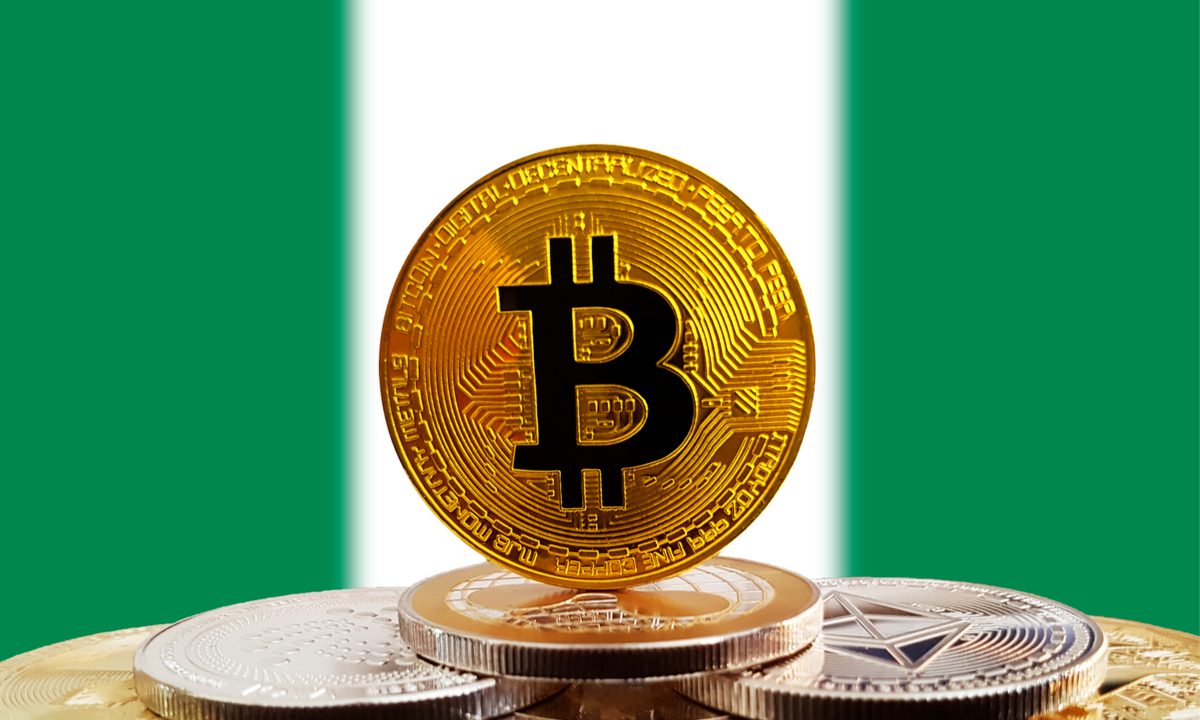
Despite the Nigerian Securities and Exchange Commission (SEC) proposing a significant hike in registration fees for crypto exchanges, the interest from venture capitalists in Nigeria’s burgeoning crypto market remains undeterred. This comes amid concerns that the new regulatory measures could hamper the growth of services, especially peer-to-peer (P2P) platforms, due to government efforts to regulate the crypto market more stringently.
Insight into Nigeria’s Crypto Landscape
Nigeria’s SEC has recently proposed amendments that would see the registration fee for cryptocurrency exchanges jump from 30 million naira ($18,620) to 150 million naira ($93,100). This move is perceived by many as an attempt to attract established, financially robust crypto players like Coinbase to the Nigerian market, while potentially sidelining smaller, P2P-centric platforms.
Ray Youssef, CEO of NoOnes and co-founder of the now-closed Paxful exchange, highlights a significant tension between the Nigerian government’s restrictions on P2P platforms and the market’s strong preference for P2P trading. Despite these challenges, Youssef remains positive about Nigeria’s potential to continue playing a pivotal role in the global crypto ecosystem, advocating for the government to view the vibrant P2P trader community as an asset rather than a challenge.
A Glimpse into Nigeria’s P2P Dominance
Nigeria’s position as the world’s largest P2P crypto market is a testament to the resilience and adaptability of its crypto community, especially following the Central Bank of Nigeria’s 2021 ban on crypto transactions by financial institutions. The recent lifting of this ban in December 2023, allowing crypto exchanges to apply for licenses, marks a significant shift towards embracing the crypto economy.
The partnership between Gluwa and the Nigerian government to foster the adoption of the eNaira, Nigeria’s central bank digital currency (CBDC), signifies a step towards integrating digital currencies into the national economy. However, Youssef suggests that the introduction of the eNaira could have been leveraged more effectively to stimulate local economic growth, support entrepreneurs, and engage the youth more actively in the digital economy.
Nigeria and Crypto Exchanges: A Tense Relationship
The relationship between the Nigerian government and cryptocurrency exchanges has been fraught, highlighted by Binance’s decision to halt operations with the naira in March following government criticisms. This tension contrasts with Nigeria’s global reputation as a crypto-focused nation, underscored by its ranking as the most crypto-obsessed country based on Google search data.
| Event | Description |
|---|---|
| SEC Fee Proposal | Registration fees for crypto exchanges proposed to increase fivefold. |
| P2P Trading Preferences | Strong market preference for P2P trading amid government restrictions. |
| 2021 Crypto Ban Lifted | Reversal of the Central Bank’s ban opens the door for licensed exchanges. |
| eNaira Introduction | Partnership with Gluwa aims to boost CBDC adoption, with potential for more strategic implementation. |
| Government-Exchange Tensions | Notable incidents, including Binance ceasing naira operations, reflect ongoing regulatory challenges. |
- The proposed regulatory changes aim to invite major crypto players into the Nigerian market while imposing challenges on P2P platforms.
- Despite government restrictions, there’s optimism for Nigeria’s continued influence in the global crypto space.
- The lifting of the 2021 crypto ban signifies a progressive step towards embracing digital currencies.
- Strategic implementation of the eNaira could unlock significant economic benefits and innovation.
- The dynamic between the Nigerian government and crypto exchanges remains complex, with regulatory scrutiny contrasting with the country’s high crypto engagement.
The proposed hike in registration fees for crypto exchanges in Nigeria represents a nuanced attempt to both regulate the growing crypto market and invite major players to establish a presence in the country. While challenges persist, particularly for P2P platforms due to regulatory restrictions, the broader outlook for Nigeria’s role in the global crypto ecosystem remains positive. The successful integration of digital currencies like the eNaira into the national economy could serve as a model for leveraging crypto to drive economic growth and innovation. As Nigeria navigates these regulatory waters, the balance between fostering a robust crypto market and ensuring a stable economic environment will be crucial.
Featured image credit: Caleb Nnamani via techcabal
